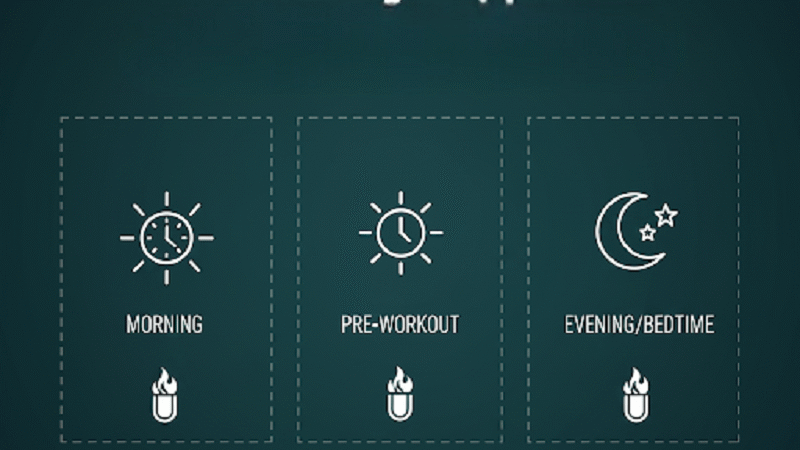Behind the Scenes: A Day in the Life of Hospital Staff

Ever wonder who keeps a hospital running smoothly 24/7? It’s not just doctors maintaining these tasks but all staff members, nurses juggling emergencies, and cleaners ensuring hygiene.
Everyone is performing well to save lives. Let’s discuss the hard work and smoothness of hospital staff and how they spend a day behind the scenes.
For example, working at one of the best hospitals in Pakistan means we are entering into a world where every moment counts, and every decision can impact a life.
We’re often seen in white coats or scrubs, moving fast down the halls, but there’s a lot more to our day than someone sees with their eyes.
Early Morning: The Start of the Shift
Most hospital employees clock in long before dawn, a routine both familiar and jarring. Whether the badge reads ‘nurse’, ‘resident’, or ‘housekeeper’, the shift demands a quick inventory of nerves and sinew.
A handful of quiet minutes to breathe, straighten the spine, and scan the duties ahead can settle the mind for what follows.
Before starting our duty, we check schedules, review patient charts, and get briefed by the night shift. Because we have no chance of making any mistakes, and the transition must be smooth.
Midday: Non-Stop Action
As time passed, hospital staff working there were in full swing. During noon, wards are filled, patients are being treated, and staff are ready to handle any emergency.
That’s the moment when coordination becomes critical. We constantly communicate with each other: nurses with doctors and specialists with general staff to provide the best treatment.
This phase of the day is often the most challenging. Because we have to deal with a large number of patients with limited resources. Still, we cooperate, and we know what’s at stake.
Managing Critical Moments
Behind closed doors, the real pressure unfolds. If a patient is admitted in some critical situation, then they require immediate attention, and in these moments, our training and teamwork play a central role.
For example, it may be a minor or serious complication during surgery; we work as a team and share ideas, skills, and experiences to keep things under control.
Supporting Roles that Make a Difference
It’s not just doctors and nurses; our day involves countless unsung heroes. Lab technicians, ward attendants, security staff, and cleaners all play vital roles.
We, as members of the healthcare staff, work with a passion and a shared purpose by keeping in mind that the hospital is running smoothly and patients are safe.
We should take each step according to the condition of patients and contribute to saving their lives. We can not prescribe any medication without the permission of the doctor in order to comfort patients.
Coping with Emotional Highs and Lows
Our job is not just physical, but it deeply affects our emotions. We witness joy when a patient recovers and heartbreak when outcomes are beyond our control.
For example, hospitals in Pakistan are playing their role in saving the lives of patients. Their staff members understand the emotions of patients and provide them with the best possible care.
We can not show any response to these emotions, often helping each other for the comfort of the patient. It’s this emotional resilience, and we did our job as healthcare workers.
Afternoon: Teamwork and Tension
As a member of the medical insurance staff, when our shift continues, fatigue sets in. But there’s no slowing down. Surgeries are scheduled, new admissions come in, and some patients need extra care.
Therefore, teamwork matters a lot for managing patients’ privacy and appointments and for informing patients about their condition. However, my overall journey as hospital staff is very tiresome.
We rely on one another not just for technical support but emotional strength, too. Sometimes, a single encouraging word from a colleague makes all the difference.
Evening: Reflection and Handover
By evening, we begin wrapping up our tasks. But our day doesn’t end without ensuring everything is ready for the next team.
For example, if a patient is in an emergency and a shift of staff changes, then we have to hand over every minor detail of the patient to the next shift member.
We update records, brief the night shift, and double-check medication schedules. After hours of intensity, we walk out not just tired but fulfilled.
Final Thoughts
A day in our life is not just about medicine. It’s about people, pressure, and purpose. While the world sees the outcomes, we live the process.
For example, during any pandemic, a moment of crisis or calm, what happens behind the scenes truly defines the heart of healthcare.
Also Read: Medical Insurance For Allergic Conditions: All You Need to Know






